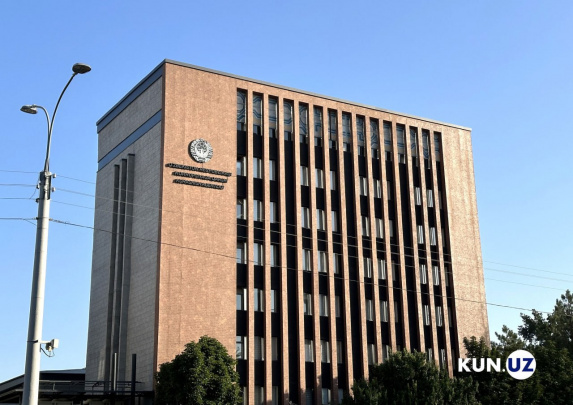OECD notes the progress of Uzbekistan in fighting corruption

On May 23, an international conference devoted to the OECD mission’s visit to Uzbekistan as part of the Anti-Corruption Network in Eastern Europe and Central Asia meeting was held, the General Prosecutor’s Office of Uzbekistan reported.
The OECD Network Secretariat was represented by T. Khavanska and three experts directly involved in the 4th monitoring round of Uzbekistan Y. Vasiliyuskaite, M. Kalugin and I. Tsakadze.
A representative of the OECD Network Secretariat noted that the report on Uzbekistan in the 4th monitoring round of the Istanbul Anti-Corruption Action Plan was adopted at the plenary session of the Network on March 21, 2019 and a return visit to the country was organized to present a report and discuss priorities for further action on the implementation of its recommendations.
The report presents an analysis of Uzbekistan’s efforts to combat corruption and implement the recommendations of the 3rd monitoring round meeting. Within the framework of the monitoring, the main focus was on anti-corruption policies, prevention of corruption and its criminalization. For the first time, the report also includes an in-depth study of the risks of corruption in the tax sector.
As a result of the ongoing reforms in Uzbekistan, progress has been made in the implementation of measures on virtually all recommendations. In particular, according to the results of the monitoring, Uzbekistan received a rating on the availability of progress on all recommendations, including full implementation - 3; execution in whole - 8; partial execution - 10.
During the conference, the main conclusions on each section of the report and the follow-up actions of state bodies, civil society and business circles aimed at implementing recommendations in the field of combating corruption were discussed.
Following the conference, it is planned to develop an Action Plan to be implemented by Uzbekistan within the framework of the new recommendations of the Istanbul Action Plan for the public and private sectors, as well as civil society institutions.
Related News

16:24 / 02.03.2026
System failure: Why food safety breaches keep endangering children in Uzbekistan’s kindergartens

14:12 / 26.02.2026
Anti-Corruption Agency reports UZS 666.6 billion in flawed public tenders in 2025

13:36 / 19.02.2026
Qizilqum U19 head coach caught red-handed accepting bribe

17:18 / 18.02.2026




